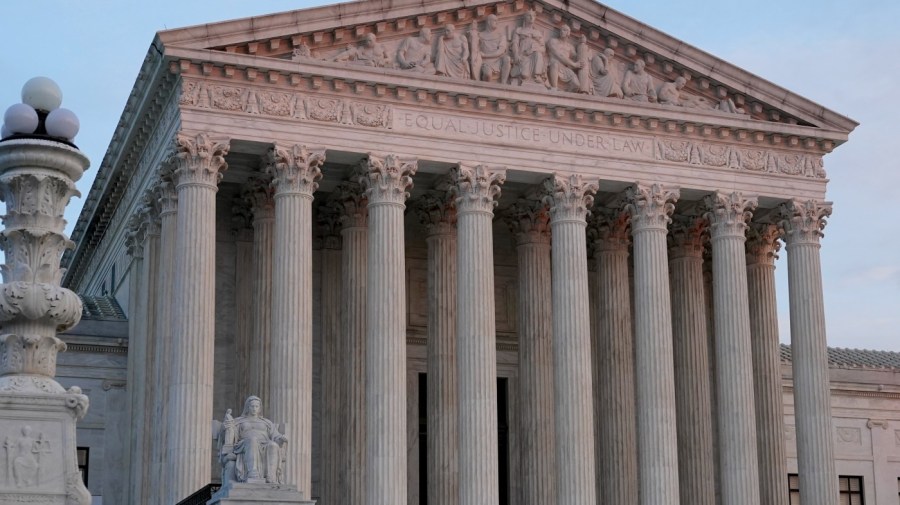(NewsNation) — Two years after the Supreme Court waived the constitutional right to an abortion, more than 80% of women on probation or parole who are seeking abortions must first ask permission to travel, Prison Policy Report data found.
The number of impacted women has more than doubled to 635,000 in the past two years as states adopted harsher abortion bans in the wake of Roe v. Wade’s reversal.
On the anniversary of the fall of Roe, Democrats lay the blame for worsening health care on Trump
According to the The New York Times, 41 states have some kind of abortion ban in place on the second anniversary of the Dobbs ruling — all of which require women on probation or parole to get permission to travel for medical procedures.
“We find that the much tighter restrictions imposed by states since the Dobbs decision put over 400,000 more women in this precarious position than there were under the protections of Roe v. Wade,” Prison Policy Report said.
Only one in six formerly incarcerated women is not required to seek permission to travel for an abortion.
Texas abortion ban linked to infant deaths: Study
If a patient is able to receive permission and travel for their procedure, obtaining a “travel permit” takes valuable time and, sometimes, money. It’s a costly delay that could cause legal woes.
“For example, a woman on probation in South Carolina who only becomes aware of her pregnancy when she’s eight weeks along will have to travel out-of-state for an abortion,” the report reads. “But if it takes two weeks for her to get permission to travel, a non-surgical abortion is likely no longer an option, as the necessary medications are only approved for use until 10 weeks’ gestation.”
For those who do seek abortions across state lines, there is also a further risk of criminalization, whether it’s for traveling to get an abortion without permission or for the abortion itself.
‘Everything is at stake’ for reproductive rights in 2024, Harris says as Biden-Trump debate nears
“Restricting where people can go inevitably blocks many from accessing the resources they need, which in turn creates health and safety risks for both individuals and communities,” the report reads.
